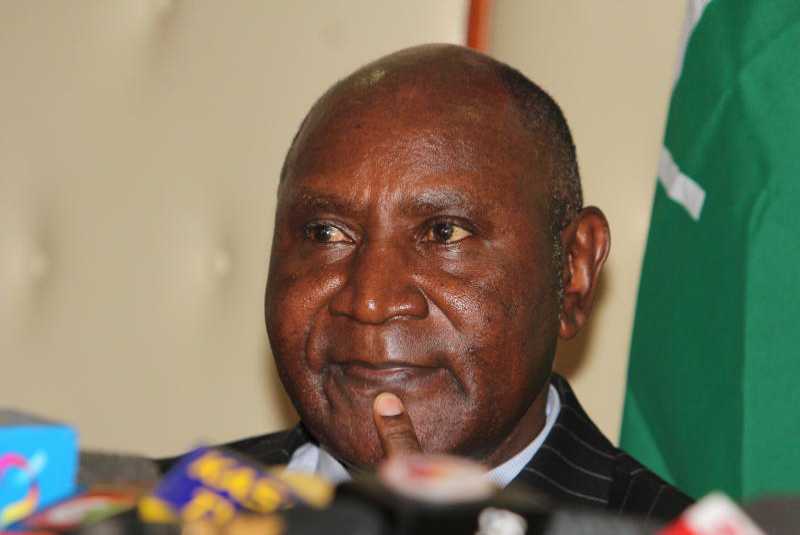×
The Standard e-Paper
Smart Minds Choose Us

Auditor General Edward Ouko addressing the press in his Anniverssary Towers office. He has questioned irregular procurement procedures in state departments. [PHOTO: JENIPHER WACHIE/STANDARD]
As a nation-state and a growing economy, we are facing an ethical disaster in our procurement unless we embrace.







